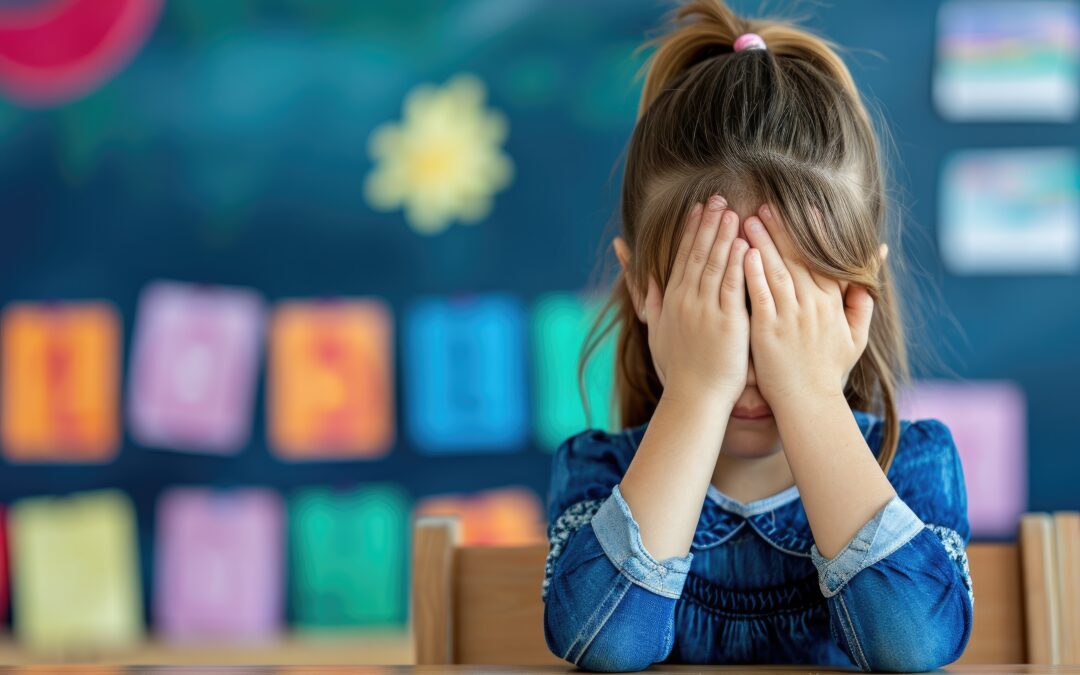Why It’s Important to Understand Trauma in Children
Children don’t always have the words to express the pain of trauma—but their behaviour often tells the story. Whether it’s through anxiety, aggression, or withdrawal, trauma responses in children are deeply rooted in experiences they may not fully understand or be able to communicate. Through child trauma counselling, families can help children process their pain in a safe and healthy way. At Therapy in Benoni, we support children and families as they work through the impact of trauma together.
What Does Childhood Trauma Look Like?
Children experience trauma in many forms: loss, abuse, divorce, violence, or even sudden changes in environment. Unlike adults, they may not express distress in obvious ways. Instead, they may:
- Become unusually clingy or distant
- Show changes in eating or sleeping habits
- Display aggressive or disruptive behaviour
- Regress to earlier developmental stages
- Experience nightmares or fear of being alone
These reactions are not “bad behaviour”—they are cries for help.
Fight, Flight, Freeze, and Fawn – How Trauma Manifests
Children often respond to trauma through instinctive survival strategies:
- Fight: Anger, outbursts, hitting, shouting
- Flight: Running away, hyperactivity, avoiding triggers
- Freeze: Shutting down, blank stares, detachment
- Fawn: Excessive people-pleasing, abandoning their own needs
Each of these is a valid response to feeling unsafe. Child trauma counselling provides tools to unpack these behaviours and meet the child with empathy, not punishment.
The Silent Signs – Trauma Responses That Are Easy to Miss
Not all trauma shows up as behavioural outbursts. Some children:
- Become “too good,” hiding distress behind perfectionism
- Overachieve to feel in control
- Avoid social settings or isolate themselves
- Experience chronic physical symptoms with no medical cause
Therapy in Benoni looks beyond the surface to identify and address these quiet forms of trauma response.
How Trauma Affects the Developing Brain
Childhood trauma can change how the brain reacts to stress. Repeated exposure to trauma keeps a child’s brain in a constant state of alert. This can lead to:
- Difficulty concentrating
- Poor impulse control
- Memory issues
- Delayed emotional development
Early intervention through child trauma counselling is crucial to prevent long-term impact on the child’s mental and emotional growth.
The Role of Caregivers in Healing from Trauma
Parents and caregivers are essential partners in the healing journey. At Therapy in Benoni, we offer guidance to help caregivers:
- Respond rather than react to trauma behaviours
- Build safe, consistent routines
- Foster open, non-judgemental communication
- Reassure the child that they are loved and protected
When adults remain calm and present, children learn that they are safe enough to begin healing.
Therapeutic Tools That Help Children Cope
At Therapy in Benoni, child trauma counselling incorporates a range of age-appropriate therapeutic approaches, including:
- Play Therapy – Helps children process trauma using toys and imaginative play
- Art Therapy – Encourages self-expression through drawing, painting, and creativity
- Cognitive Behavioural Therapy (CBT) – Assists older children in reframing negative thoughts
- Mindfulness Techniques – Teaches grounding and emotional regulation
Each session is tailored to the child’s needs, helping them feel understood and in control again.
How to Talk to a Child About Their Trauma
Children need gentle, honest communication that matches their developmental level. Use phrases like:
- “That must have been really scary for you.”
- “I believe you, and I’m here to help you feel safe again.”
- “You can tell me anything. I won’t be angry.”
Open dialogue, paired with professional child trauma counselling, lays the foundation for emotional healing.
What Healing Looks Like
Healing is not linear—but it is possible. Over time, with therapy and consistent support, children often show:
- Greater emotional awareness
- Improved relationships with others
- Better coping skills
- A sense of safety and trust
Therapy helps children move from simply surviving to fully thriving.
When to Seek Professional Help
If a child’s trauma responses are affecting their daily life—school, sleep, relationships, or mood—it’s time to seek help. At Therapy in Benoni, we specialise in supporting children through trauma with compassion, skill, and sensitivity. The earlier support is offered, the greater the child’s chance for recovery and resilience.
Your Next Step – Helping Your Child Heal
You don’t have to walk this journey alone. If you’ve noticed trauma-related behaviours in your child, Therapy in Benoni is here to help. Our expert team provides dedicated child trauma counselling in a safe, nurturing environment—where your child can begin to process, understand, and heal from their experiences.
Let’s Walk the Path to Healing Together
If your child is struggling with the weight of past experiences, reach out to Therapy in Benoni today. Our child trauma counselling services are here to support your family with understanding, care, and professional guidance.

